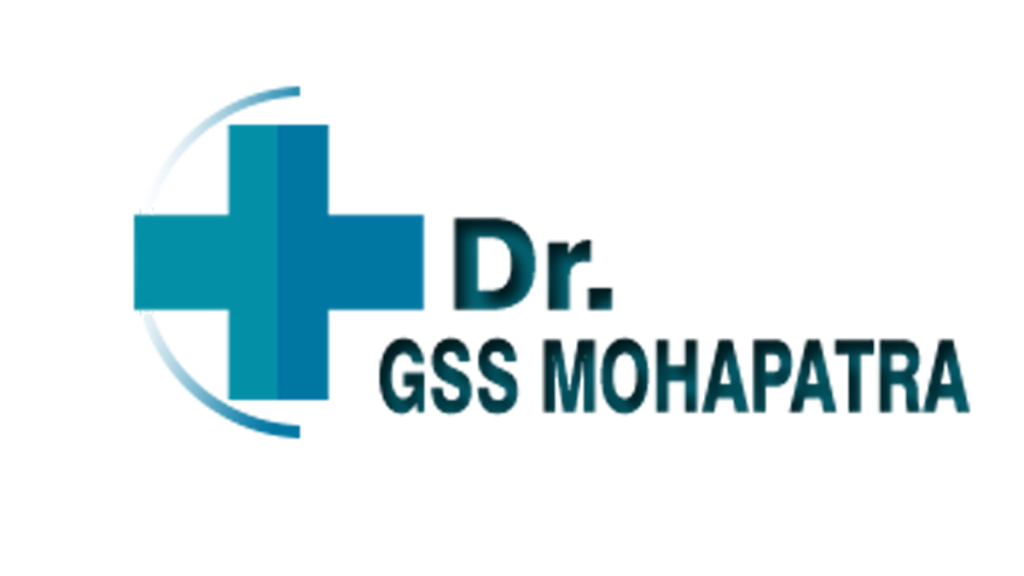BEST TREATMENT SPECIALIST FOR PREGNANCY CARE
WELCOME TO MY GARDEN
THE CHOICEST Destination for You and Your Baby
(Nobody Knows and cares for Moms and your baby Like We Do!)
Giving birth to a newborn is an exciting experience that can also be full of eagerness, apprehension, excitement, thrill, thousands of questions, unknown answers and restlessness.With me and my Team of female gynaecologists to take care of you and address your needs,you do not have to worry anymore. We are the answer to all your maternity requirements
State-of-the-art Infrastructure & Equipment’s:
Operation Theatres with Cutting-edge Technologies
Fully-equipped Labour, Delivery rooms.
Level III Neonatal Intensive Care Unit with Specialised Nurses
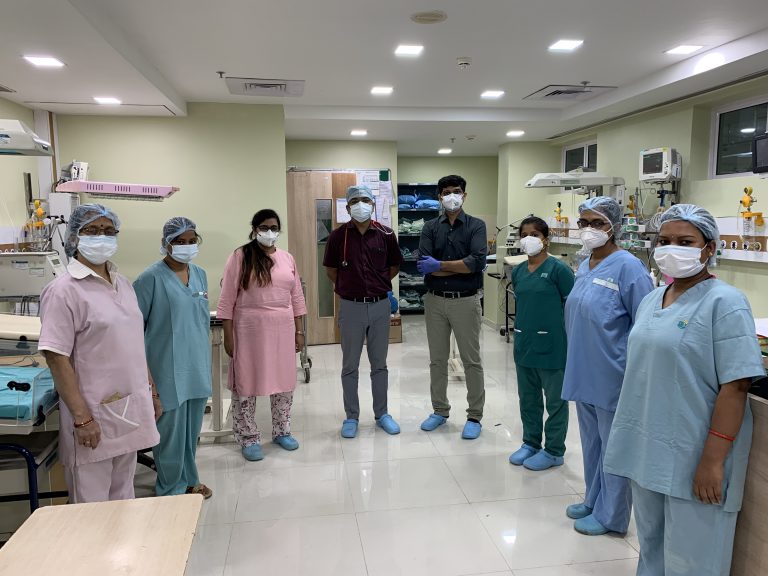
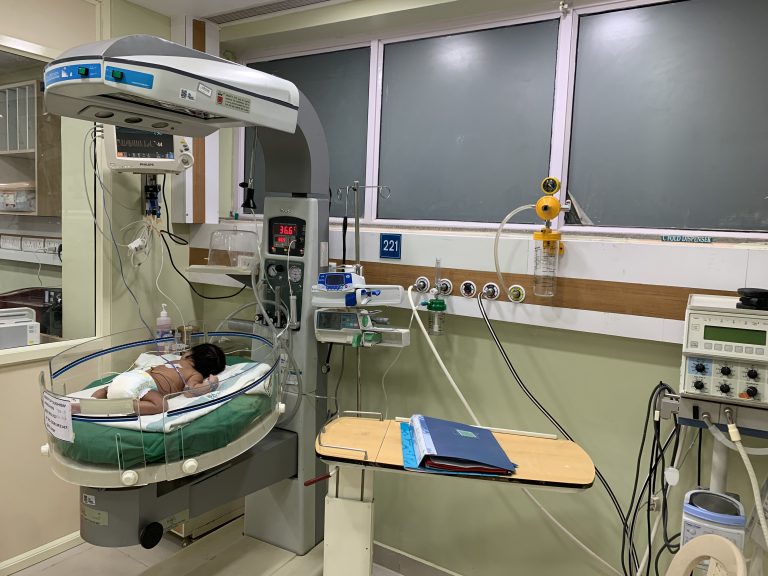

We maintain overall clinical quality and safety protocols to create a Protective Shield for our patients, to give them better service experience. With NABH accreditation, you can trust us to provide quality care, at par with the best global medical practices.
Birth of a newborn is an amazing feeling. While on one hand, the newborn’s parents try to put maximum efforts to understand the needs of her little one, on the other, this transition to life outside the mother’s belly is quite
We have Dr Ranjit Joshi ( Senior Neonatologist ) and Dr Prabin Pahi (Senior Pediatrician ) to take care of your baby as soon as it is out the mother’s womb. Every would be mother is very apprehensive about her baby‘s health and how would the baby be taken care of. So it is a more than 100 percent sort of assurance that the baby will be in safe hands. We have an excellent NICU and PICU with advanced medical equipments and a wonderful dedicated senior nursing staff and Specialist doctors 24×7 for your baby. Our aim is to see you happy, smiling and walk out of our hospital holding a healthy baby in your arms. challenging for the baby too. Our paediatricians are not only skilled in their specialized field of medicine, but also are kind, sympathetic and patient to a child’s needs. From the moment a baby is born and during the child’s growing years, in our range of dedicated facilities from Neonatal, immunization and lactation, to paediatric emergency services and the gamut of paediatric specialities, we adopt a multidisciplinary approach to each healthcare speciality in the best interest of our little patient.
Antenatal care or ANC is your first contact with the health care system when you are expecting. The World Health Organization has recommended a minimum of 8 ANC visits when you are expecting. From minimizing the risk of mother-to-child disease transmission (HIV) to encouraging the use of a skilled birth attendant, ANC is womb-like care that caters to all your needs.
]The stage of pregnancy you are in
Problems that you are experiencing (if any) during your pregnancy
Your health condition and the risks you or your baby may have
From the first appointment to the last session, there will be a series of tests, treatments, scans, check-ups, and discussions related to your health and your baby’s health.
The discussions in ANC involves morning sickness (how to deal with it?), the medication you are taking and its effect on health (if any), the importance of a healthy lifestyle for you and your partner, and an intense discussion of your medical history and your previous pregnancies to avoid any complications. The healthcare provider also keeps a track on your pregnancy trimester and educates you on your due date and if in case of a tough pregnancy they educate you and your partner on the signs of a healthy pregnancy and any complications related to it.
During the discussions, they provide you with a healthy diet plan and birth plan along with tests such as blood and urine tests, ultrasounds, and others depending on your need. They keep a tab on your weight, pressure and the size of the growing tummy to predict the growth and development of your baby.
The appointment also includes monitoring your baby’s heart rate to check how he/she is doing
How much should I eat and drink?
Consuming healthy foods and low-calorie beverages, particularly water, and the appropriate number of calories may help you and your baby gain the proper amount of weight.
How much food and how many calories you need depends on things such as your weight before pregnancy, your age, and how quickly you gain weight. If you’re at a healhy, you need no extra calories in your first trimester, about 340 extra calories a day in your second trimester, and about 450 extra calories a day in your third trimester.1 You also may not need extra calories during the final weeks of pregnancy.
Check with your health care professional about your weight gain. If you’re not gaining the weight you need, he or she may advise you to take in more calories. If you’re gaining too much weight, you may need to cut down on calories. Each woman’s needs are different. Your needs also depend on whether you were underweight, overweight, or had obesity before you became pregnant, or if you’re having more than one baby.


Tips for a Healthy Pregnancy
We understand you want to do what’s best for you and your baby during your pregnancy. Here are our essential tips to help give your baby a great start to life:
Get early prenatal care: Preconception counselling
If you are planning to start a family, or have just found out that you are expecting, good prenatal care is essential for you and your baby. During your first visit, your doctor will be able to confirm your pregnancy and screen for certain medical conditions that could lead to complications.An early ultrasound will help to locate the pregnancy sac in the uterus or else it could be a dangerous condition called ectopic pregnancy.
A healthy eating plan for pregnancy includes nutrient-rich foods and beverages.
- fruits and vegetables (provide vitamins and fiber)
- fat-free or low-fat milk and milk products or nondairy soy, almond, rice, or other drinks with added calcium and vitamin D
- protein from healthy sources, such as beans and peas, eggs, lean meats, seafood that is low in mercury (up to 12 ounces per week), and unsalted nuts and seeds, if you can tolerate them and aren’t allergic to them.
- A healthy eating plan also limits salt, solid fats (such as butter, lard, and shortening), and sugar-sweetened drinks and foods.
A vegetarian eating plan during pregnancy can be healthy. Consider the quality of your eating plan and talk to your health care professional to make sure you’re getting enough calcium, iron, protein, vitamin B12, vitamin D, and other needed nutrients. Your health care professional may also tell you to take vitamins and minerals that will help you meet your needs.
Yes. During pregnancy, you need more vitamins and minerals such as folate, iron, and calcium.
Getting the appropriate amount of folate is very important. Folate, a B vitamin also known as folic acid, may help prevent birth defects. Before pregnancy, you need 400 mcg per day from supplements or fortified foods, in addition to the folate you get naturally from foods and beverages. During pregnancy, you need 600 mcg. While breastfeeding, you need 500 mcg of folate per day.2 Foods high in folate include orange juice, strawberries, spinach, broccoli, beans, fortified breads, and fortified low-sugar breakfast cereals. These foods may even provide 100% of the daily value of folic acid per serving.
Most health care professionals tell women who are pregnant to take a prenatal vitamin every day and consume healthy foods, snacks, and beverages. Ask your doctor about what you should take.
If you have any of the following symptoms, the Center for Disease Control recommends contacting your doctor:
- Vaginal bleeding or leaking of fluid
- Contractions that are 20 minutes apart or less
- Pain of any kind
- Strong cramps
- Heart palpitations
- Dizziness or fainting
- Decreased activity of the baby
- Shortness of breath
- After the Baby Is Born
Ask your doctor which prenatal vitamins are best for you and your baby, particularly how much folic acid and calcium you’ll need. Prenatal vitamins ensure you are giving your baby the important vitamins and nutrients it needs, like folic acid, iron, calcium and DHA. These vitamins play an important role in bone, vision and brain development.
WELCOME TO MY GARDEN
Listen to your body
The first and third trimesters come with fatigue, which is your body’s way of telling you to take it easy. So, listen to your body and sit back with a good book or take a nap when you are feeling tired.
How can I stay active while pregnant?
Even if you haven’t been active before, you can be active during your pregnancy. Here are some tips.
Go for a walk where you live, in a local park, or in a shopping mall with a family member or friend. If you already have children, take them with you and make it a family outing.
Get up and move around at least once an hour if you sit most of the day. When watching TV or sitting at your computer, get up and move around. Even a simple activity like walking in place can help. During pregnancy, always try to be as active as possible.
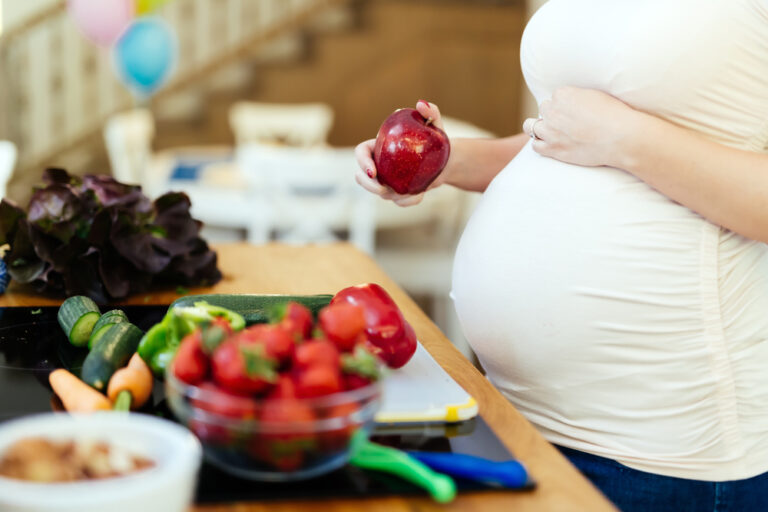
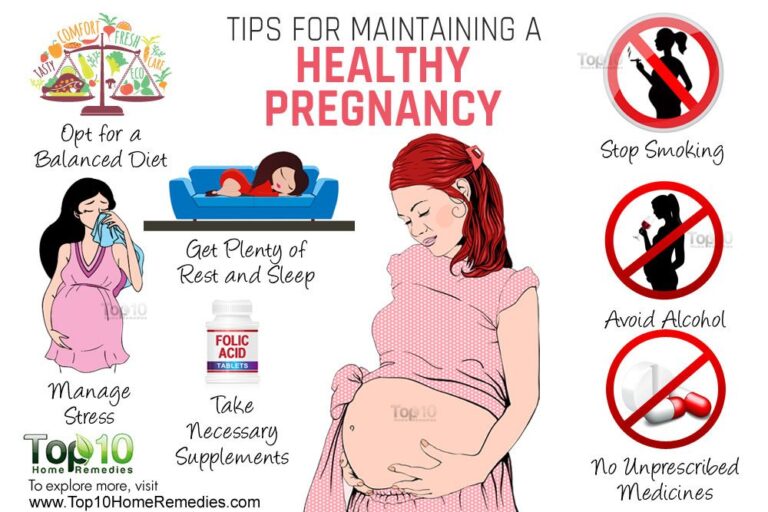
It’s important to take good care of your body during pregnancy. We recommend you avoid alcohol, limit your caffeine intake and steer clear of any nonprescription drugs throughout your pregnancy. Indulging in alcohol can adversely affect your baby’s brain or spinal development, too much caffeine has been linked to a higher instance of miscarriage, and nonprescription drugs can lead to birth defects or behavioral problems.
If you work around chemicals or other substances known to cause birth defects, it’s important to take the necessary steps to protect your baby. It’s also important to use non-toxic household cleaning solutions throughout your pregnancy to limit your risk of exposure.
Gaining an appropriate amount of weight during pregnancy helps your baby grow to a healthy size. But gaining too much or too little weight may lead to serious health problems for you and your baby.
According to experts External link, gaining too much weight during pregnancy raises your chances for developing gestational diabetes (diabetes during pregnancy) and high blood pressure during pregnancy. It also increases your risk for type 2 diabetes and high blood pressure later in life. If you’re overweight or have obesity when you get pregnant, your chances for health problems may be even higher. You could also be more likely to have a cesarean section
Gaining a healthy amount of weight helps you have an easier pregnancy and delivery. It may also help make it easier for you to get back to your normal weight after delivery. Research shows that recommended amounts of weight gain during pregnancy can also lower the chances that you or your child will have obesity and weight-related problems later in life.
How much weight you should gain depends on your body mass index (BMI) before pregnancy.
- Vaginal bleeding or leaking of fluid
- Contractions that are 20 minutes apart or less
- Pain of any kind
- Strong cramps
- Heart palpitations
- Dizziness or fainting
- Decreased activity of the baby
- Shortness of breath
- After the Baby Is Born
After you deliver your baby, your health may be better if you try to return to a healthy weight slowly. Not losing your “baby weight” may lead to overweight or obesity later in life. Slowly returning to a healthy weight may lower your chances of diabetes, heart disease, and other weight-related problems.
Healthy eating, regular physical activity, adequate sleep, and other healthy habits after your baby is born may help you return to a healthy weight and give you energy.
After your baby is born,
- Consume foods and beverages to meet your calorie needs.
- Regular physical activity will continue to benefit your overall health. Moderate-intensity physical activity will increase your fitness and can improve your mood.
Also, physical activity does not appear to have bad effects on how much breast milk is produced, what the breast milk contains, or how much the baby grows.
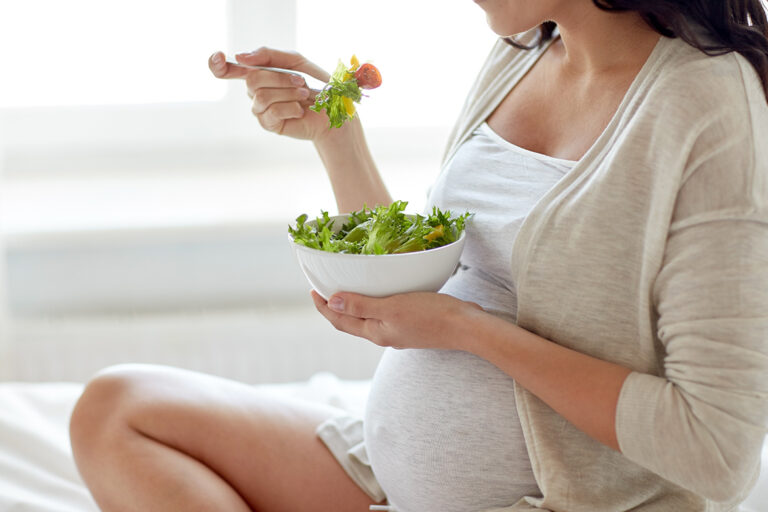

How may breastfeeding help?
Breastfeeding External link may or may not make it easier for you to lose weight because your body uses extra calories to produce milk. Even if breastfeeding does not help you lose weight, it’s linked to many other benefits for mother and child.
For mothers who breastfeed, experts advise External link feeding their babies only breast milk for the first 6 months—no other foods or drinks during this time. Experts suggest that those women continue breastfeeding at least until their baby reaches 12 months.
Calorie needs when you’re breastfeeding depend on how much body fat you have and how active you are. Talk with your health care professional about your calorie needs while you are breastfeeding.
- likely gives him or her an appropriate mix of vitamins, minerals, and other important nutrients in a liquid (breast milk) that is easy to digest
- helps boost his or her immune system
- helps protect your baby from common problems, like ear infections NIH external link and diarrhea
- Breastfeeding has many health benefits for mother and baby.
If you work around chemicals or other substances known to cause birth defects, it’s important to take the necessary steps to protect your baby. It’s also important to use non-toxic household cleaning solutions throughout your pregnancy to limit your risk of exposure.
- Talk to your health care professional about how much weight you should gain during your pregnancy, and regularly track your progress.
- Consume foods and beverages rich in folate, iron, calcium, and protein. Talk with your health care professional about prenatal supplements (vitamins you may take while pregnant).
- Eat breakfast every day.
- Eat foods high in fiber, and drink fluids (particularly water) to avoid constipation.
- Avoid alcohol, raw or undercooked fish, fish high in mercury, undercooked meat and poultry, and soft cheeses.
- Do moderate-intensity aerobic activity at least 150 minutes a week during your pregnancy. If you have health issues, talk to your health care professional before you begin.
- After pregnancy, slowly get back to your routine of regular, moderate-intensity physical activity.
- Gradually return to a healthy weight.
- Our team is dedicated to providing expert care for women during every stage of their lives — from adolescence, to preparing for childbirth, to menopause and beyond.
- To Request an Appointment, call:99377763289, 9776822222
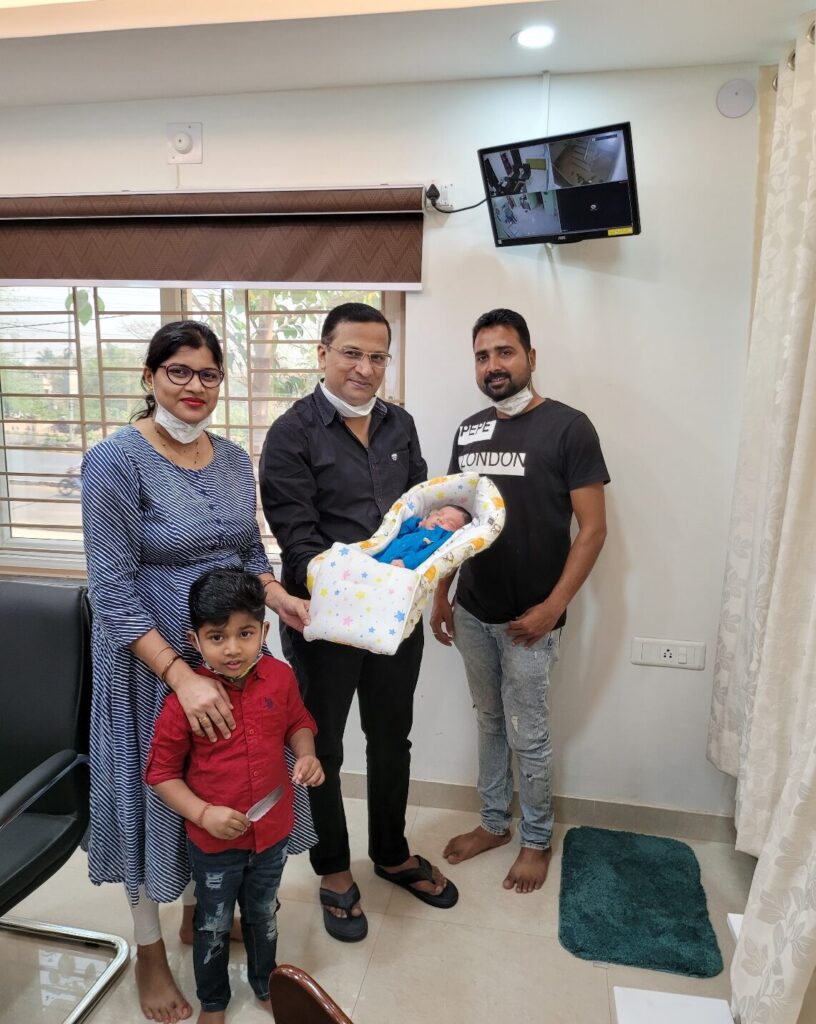
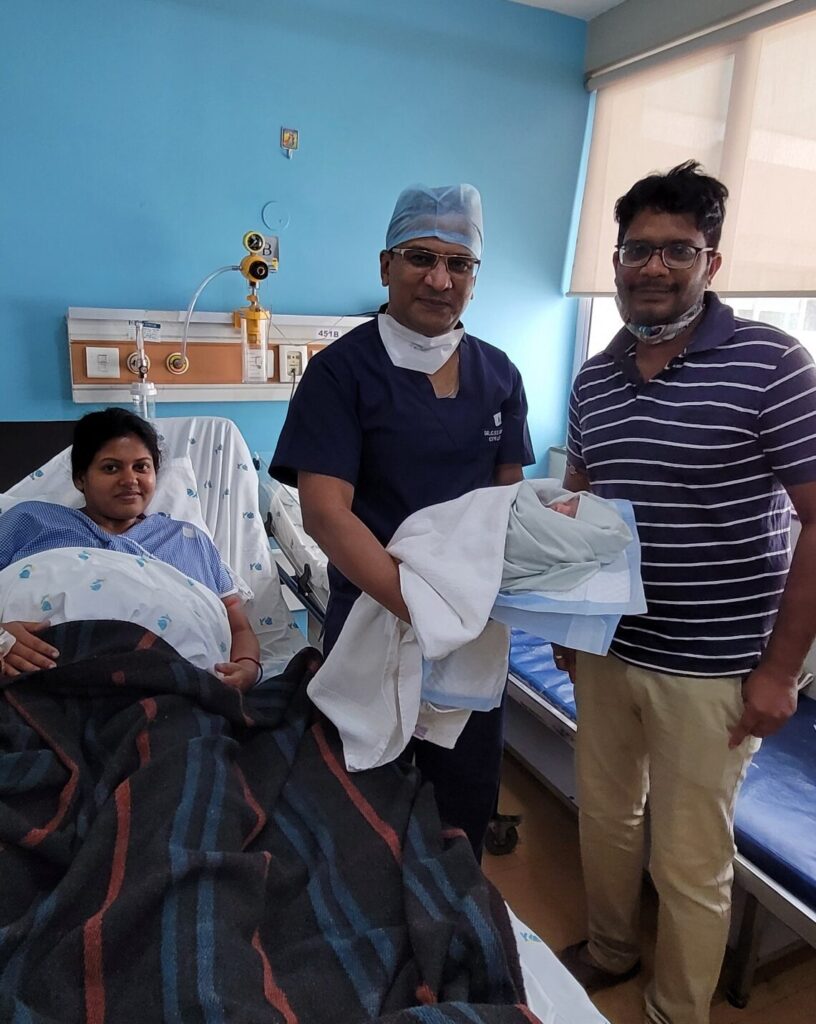
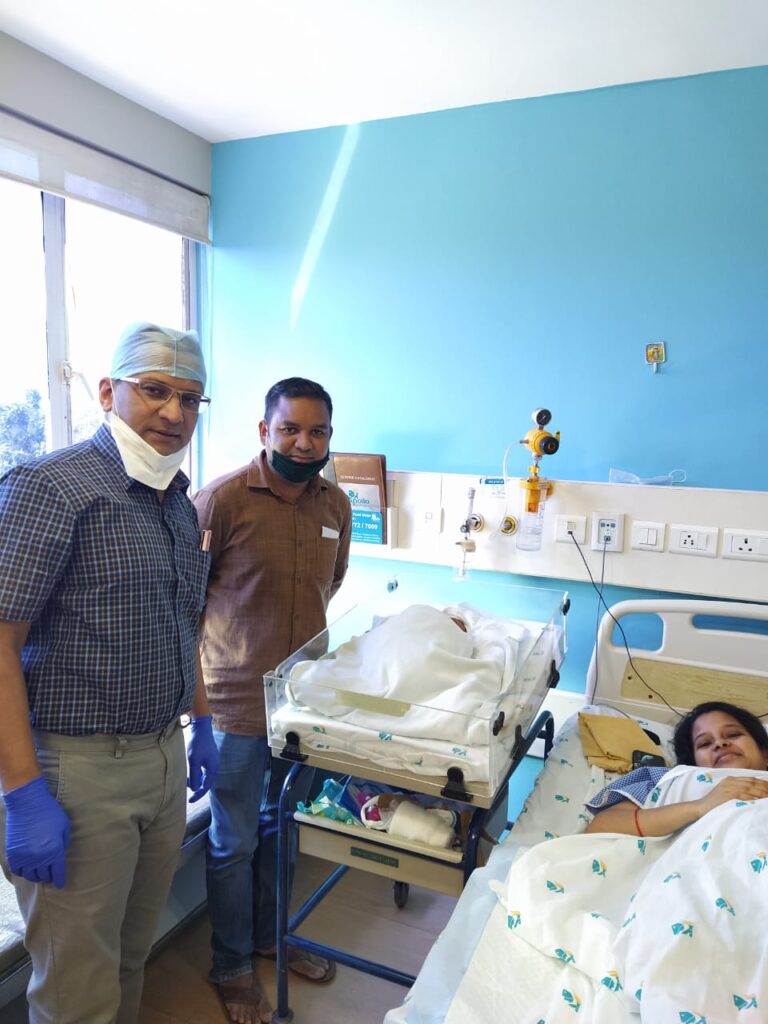

HOSPITAL
- ANKURA HOSPITAL, BHUBAESWAR
- 9937776329
- NURTURE MOTHER & CHILD clinic GA 190 Gayatri Vihar, Nandankanan Road, Patia Chowk, Next to STYLIVE Furnishings, Jasodha Homes, Bhubaneswar, Odisha – 751024
- 9776822222
drgssmp@gmail.com

